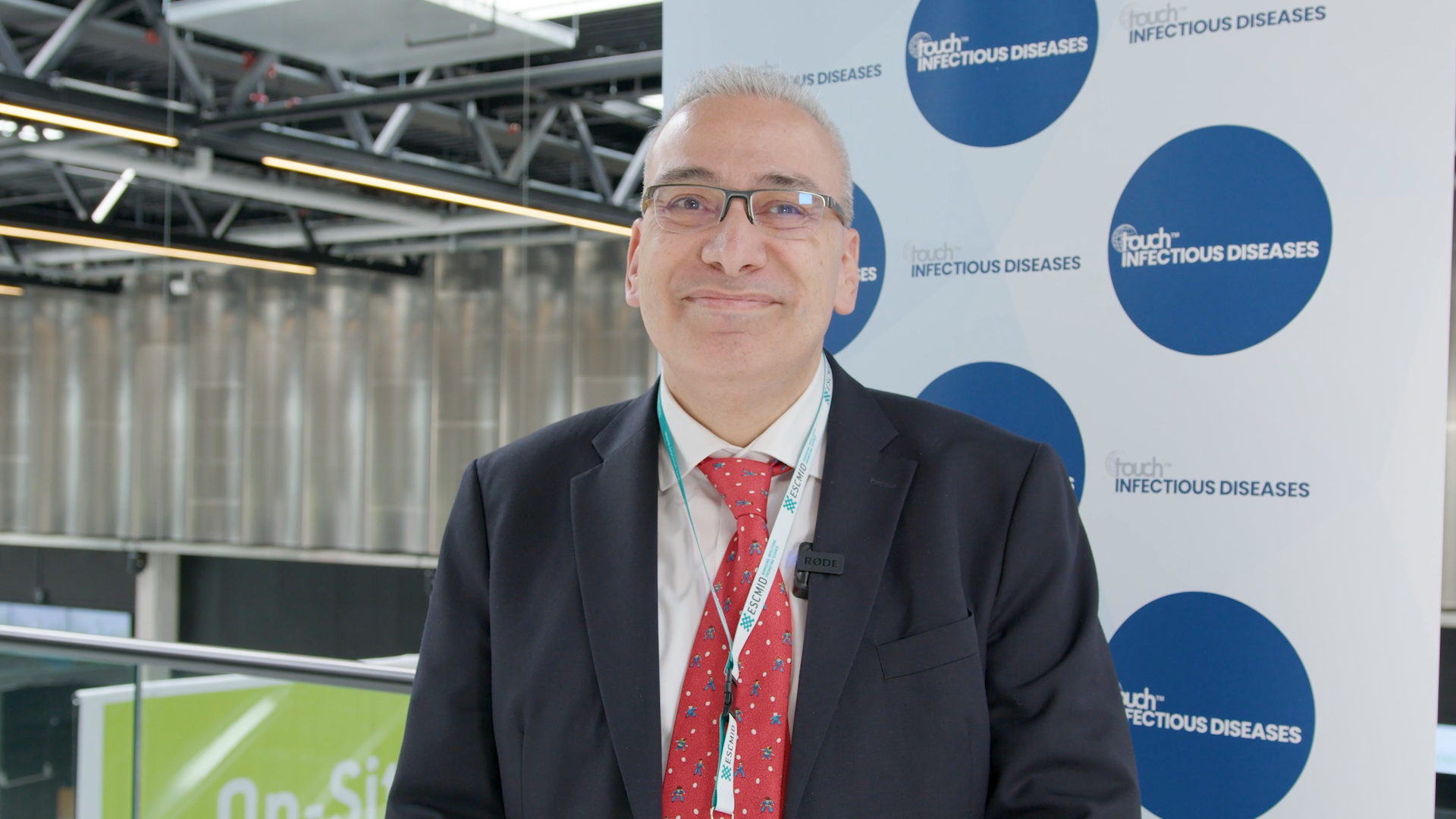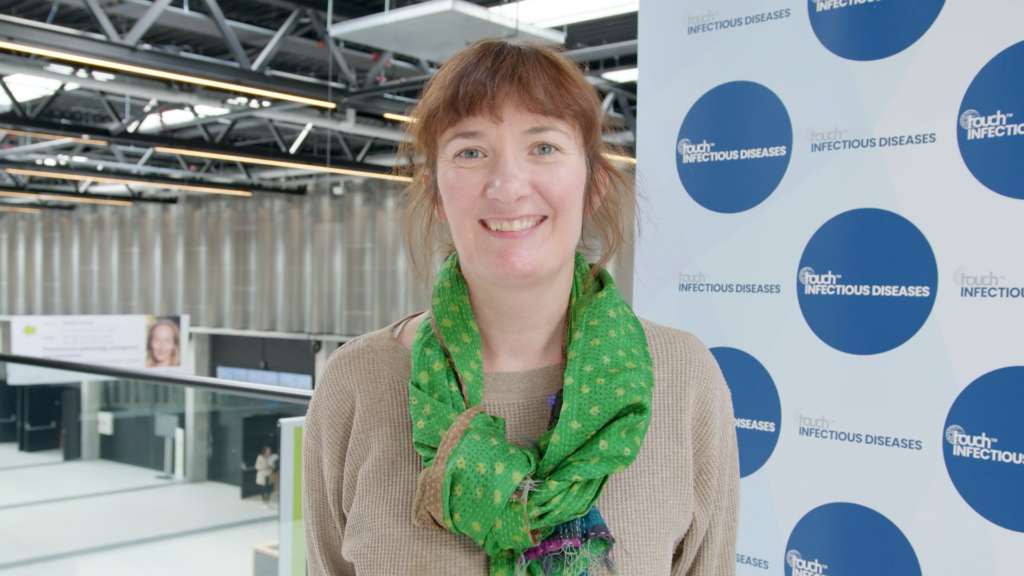Prof. Karin Thursky (National Centre for Antimicrobial Stewardship, Melbourne, Australia) discusses the management of sepsis in patients, recommendations that have been made for quality indicators for the use of antibiotics and adherence to these recommendations, and how to reconcile sepsis initiatives and antimicrobial stewardship programs in hospitals. Prof. Thursky is a recognised international expert on the design and implementation of antimicrobial stewardship programs, with expertise in the use of information technology for antimicrobial stewardship and more broadly in healthcare.
The presentation entitled: ‘Reconciling sepsis initiatives and antimicrobial stewardship programmes’ was presented at the 32nd European Congress of Clinical Microbiology & Infectious Diseases (ECCMID), 23-26 May 2022.
Part 1 of this interview on the challenges of sepsis and antimicrobial stewardship programmes in hospitals can be found here.
Questions:
- What do you consider the top priority for the management of sepsis in patients in the emergency department? (0:06)
- What recommendations have been made for quality indicators for the use of antibiotics in the emergency department, and how well are these recommendations adhered to? (3:28)
- How can we reconcile sepsis initiatives and antimicrobial stewardship programs in hospitals? (9:45)
- Could you tell us a little about the Victorian whole of the hospital clinical pathway and the factors influencing its success? (10:45)
Disclosures: Karin Thursky receives grant/research support from NHMRC and MRFF.
Support: Interview and filming supported by Touch Medical Media. Interview conducted by Katey Gabrysch.




